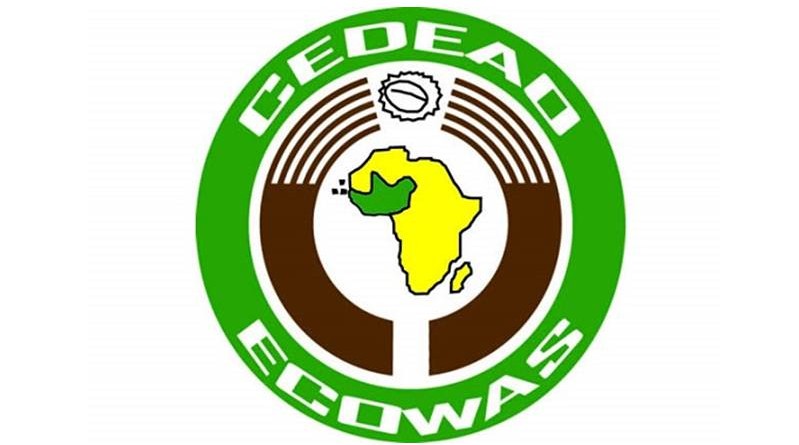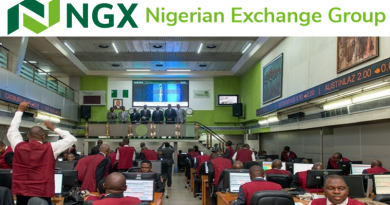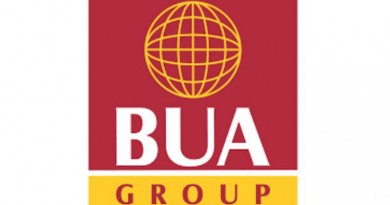ECOWAS, AfDB sign funding agreement for the $22.7 million Abidjan-Lagos highway corridor
The Commission of the Economic Community of West African States (ECOWAS) and the African Development Bank (AfDB) have signed the $22.7 Million grant retrocession agreement for the 6-lane Abidjan-Lagos Corridor Development Project in Abuja, Nigeria.
Alongside the agreement, contracts were also signed to cover three lots for the feasibility, socio-economic, as well as environmental impact assessment and detailed engineering design studies for the highway project which is meant among others, to facilitate greater trade, enhance economic integration and boost co-prosperity of the region.
Giving his remarks at the milestone ceremony, the President of the ECOWAS Commission Jean-Claude Kassi Brou disclosed that the ECOWAS regional strategic framework has prioritized the development of key regional infrastructure to foster a competitive business environment while increasing inter-regional trade.
The corridor is approximately 1,080 km long. It connects some of the largest and most economically dynamic cities in Africa, (Abidjan, Accra, Cotonou, Lomé and Lagos) while covering a large proportion of West Africa’s population. It also links very vibrant seaports in West Africa, a feature, which President Brou noted, will “serve all the landlocked countries of the region, being Burkina Faso, Mali and Niger”
President Brou also called on other partners such as Japan International Development Agency (JICA), the Deutsche Gesellschaft für Internationale Zusammenarbeit (GIZ), as well as the World Bank to also join the important project by contributing to bridge the traceable financing gap.
He informed that the Heads of State and Government of Member States along the Praia-Dakar-Abidjan Corridor (Phase II of the Praia-Dakar-Lagos West African Coastal Corridor), signed a Treaty in June, 2018 expressing their commitment to replicate the interventions on the Abidjan-Lagos section on the Praia-Dakar-Abidjan Corridor over which financing requests of approximately US$89 million have been forwarded to several development partners including the AfDB and European Union, to fund the technical and project preparation studies.
The agreement signing aligns with the requirement for the disbursement of grant funds from the European Union (EU) from its African Investment Facility (AfIF).
In this regard, President Brou thanked the development partners and the project’s Ministerial Steering Committee for their unwavering support and backing of the collective effort of legal and technical officials from the EU, AfDB and the ECOWAS Commission.
He also congratulated the selected consultants noting that ECOWAS citizens expect them to exhibiting the highest standards of professionalism in delivering timely projects in accordance with their Contracts.
The President of the AfDB Dr. Akinwumi Adesina, represented by the bank’s senior Director Mr. Ebrima Faal, stated that being a patchwork of small and largely disparate economies, West Africa needs larger and deeper market integration to justify and promote industrialisation which is so important for its development.
He lamented that intra-regional trade accounts for just 11 percent in West Africa, a far cry from its immense potential for the region whereas, boosting regional trade will require far greater investments in cross border infrastructure; especially transport links, power generation and transmission as well as Information and Communication Technology (ICT).
Also speaking at the ceremony, the Head of Co-operation of EU Delegation to Nigeria Mr. Kurt Cornelis, maintained that the project fits perfectly in the framework of the cooperation that the EU wishes to carry out in the region which is to “strengthen the competitiveness of the territories, to stimulate investments and to encourage regional integration for development, growth and job creation”.
According to him, the EU, a substantial financial contributor to the project, sees the construction of a motorway and the establishment of a management system facilitating the borders as something that will contribute to an increase in traded volumes in the area which already accounts for 75 percent of commercial activity of the region.
In his remarks, the chairman of the Ministerial Steering Committee of the project and Nigeria’s Minister for Power, Works and Housing Mr. Babatunde Raji Fashola, represented by Engr Chukwunwike Uzo, noted that the agreements signed are both “significant and symbolic. We are impressed by the fact that the engineering studies carried out remain one of the fundamental keys to the success of the project”.
Earlier, the ECOWAS Commission’s Commissioner for Infrastructure Path Gueye provided an overview of the project as well as its high benefits for the region.
The ceremony was witnessed by Vice President Madam Finda Koroma, the Commissioners for Social Affairs and Gender Dr. Siga Jagne, her counterpart in charge of General Administration and Conference Mr. Vafolay Tulay, that of Agriculture, Environment and Water Resources Mr. Sékou Sangaré and Directors of Cabinet Mr. Kalilou Traoré and Legal Affairs Mr. Daniel Lago.
Nearly 40 million people are estimated to be living along the Abidja-Lagos corridor while 47 million people travel along the axis every year.
These are expected to be direct beneficiaries of the development of the project touted to be a real backbone of trade in the region.




